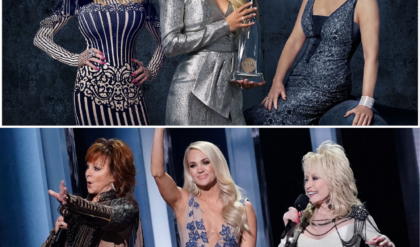Cooper Howard and the Ghoul are wildly different from one another, and one Fallout line delivered by both versions of him perfectly explains why.
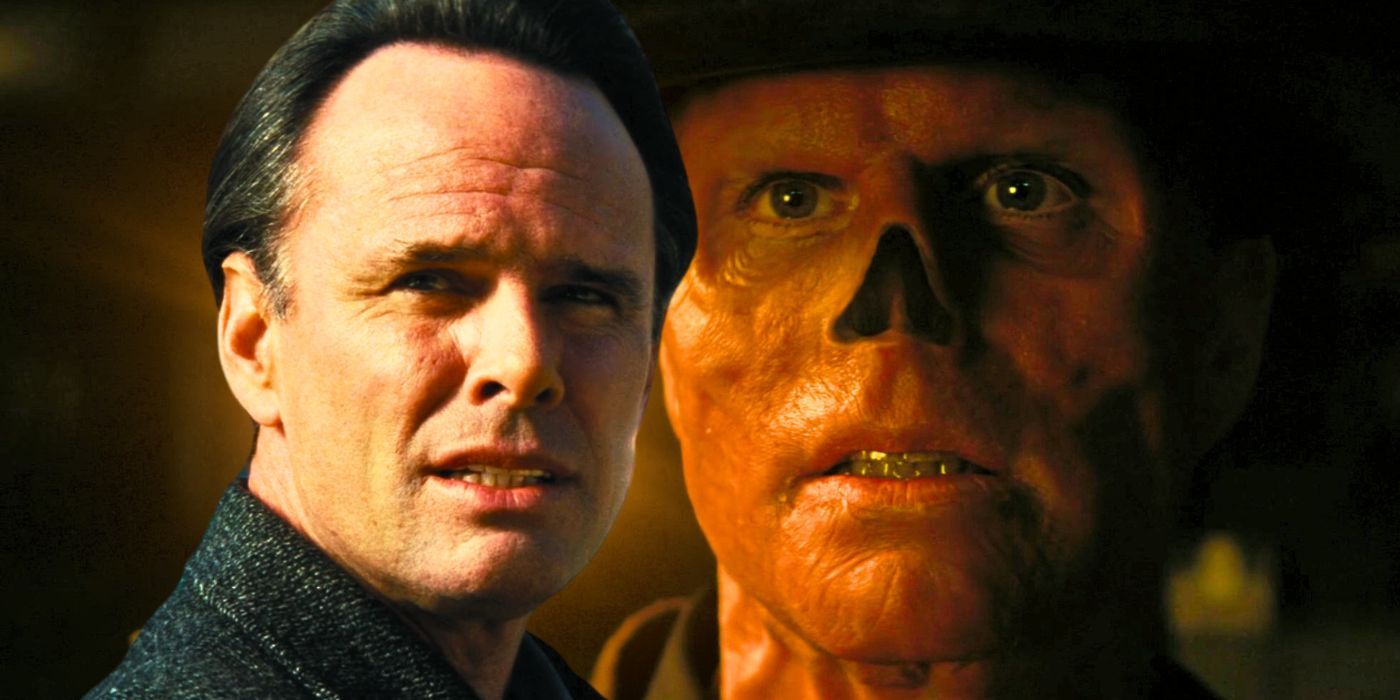
Cooper Howard and the Ghoul may be the same person in Fallout, but they couldn’t be more different from one another, a fact evidenced by one line both of them delivered that even works for the franchise as a whole. In the Fallout show, the Ghoul’s backstory revealed that he was a famous actor named Cooper Howard who was alive before Fallout‘s apocalypse that destroyed the United States. He was transformed into one of Fallout‘s radiation-immune ghouls during the war, which allowed him to live for another 200 years.
Despite being the same person, Cooper and the Ghoul were very different characters in Fallout. There was a massive transformation in the 200 years before the war and when the Fallout show takes place. That transformation was exemplified by one line both Cooper and the Ghoul said during Fallout, and specifically how they said it. The differences in their deliveries is so packed full of meaning that it even sums up the entire world of Fallout.
Cooper Howard & The Ghoul’s “Feo, Fuerte, y Formal” Line Highlight Their Differences
Cooper & The Ghoul Both Delivered This Line At Different Times
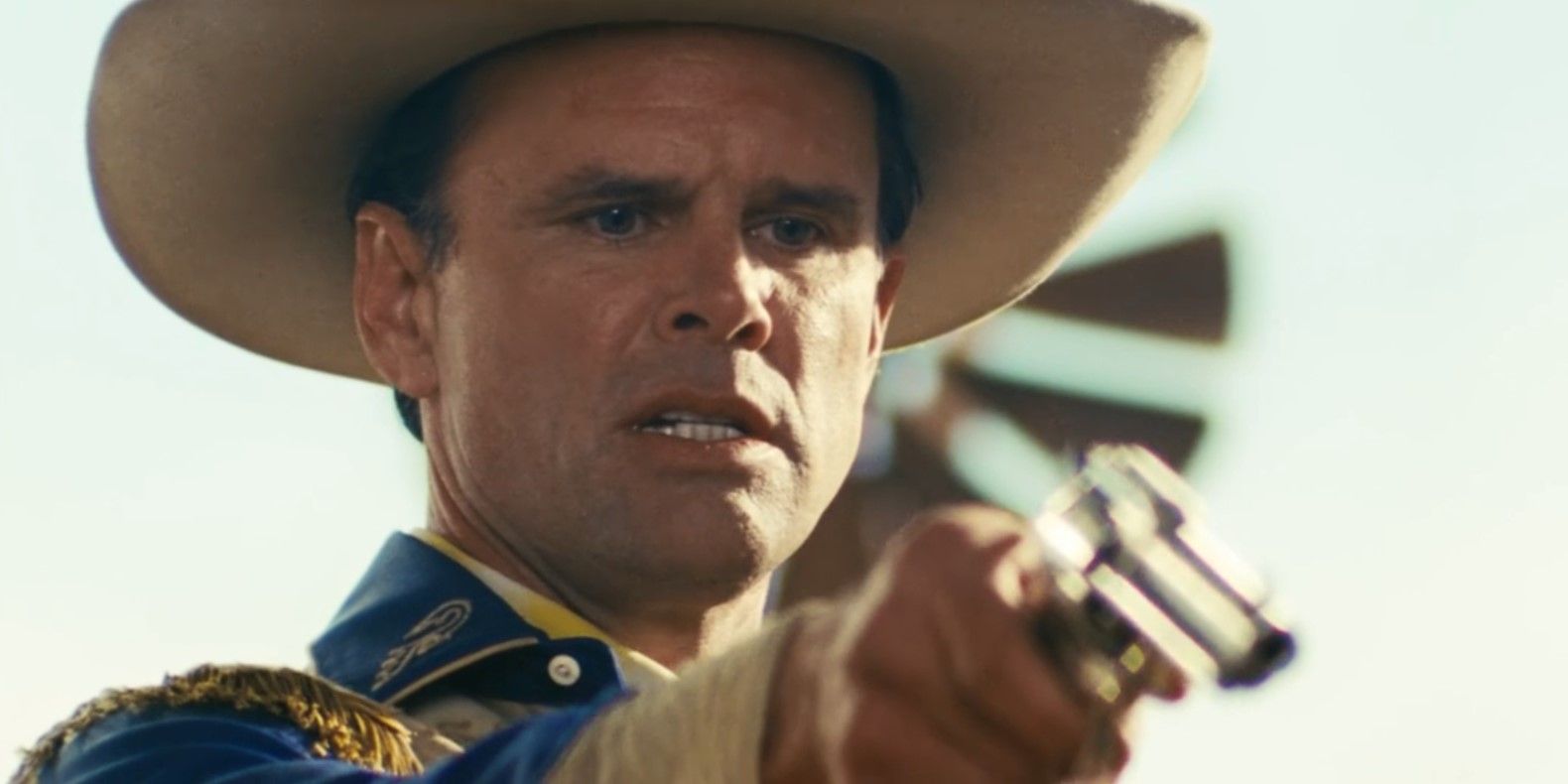
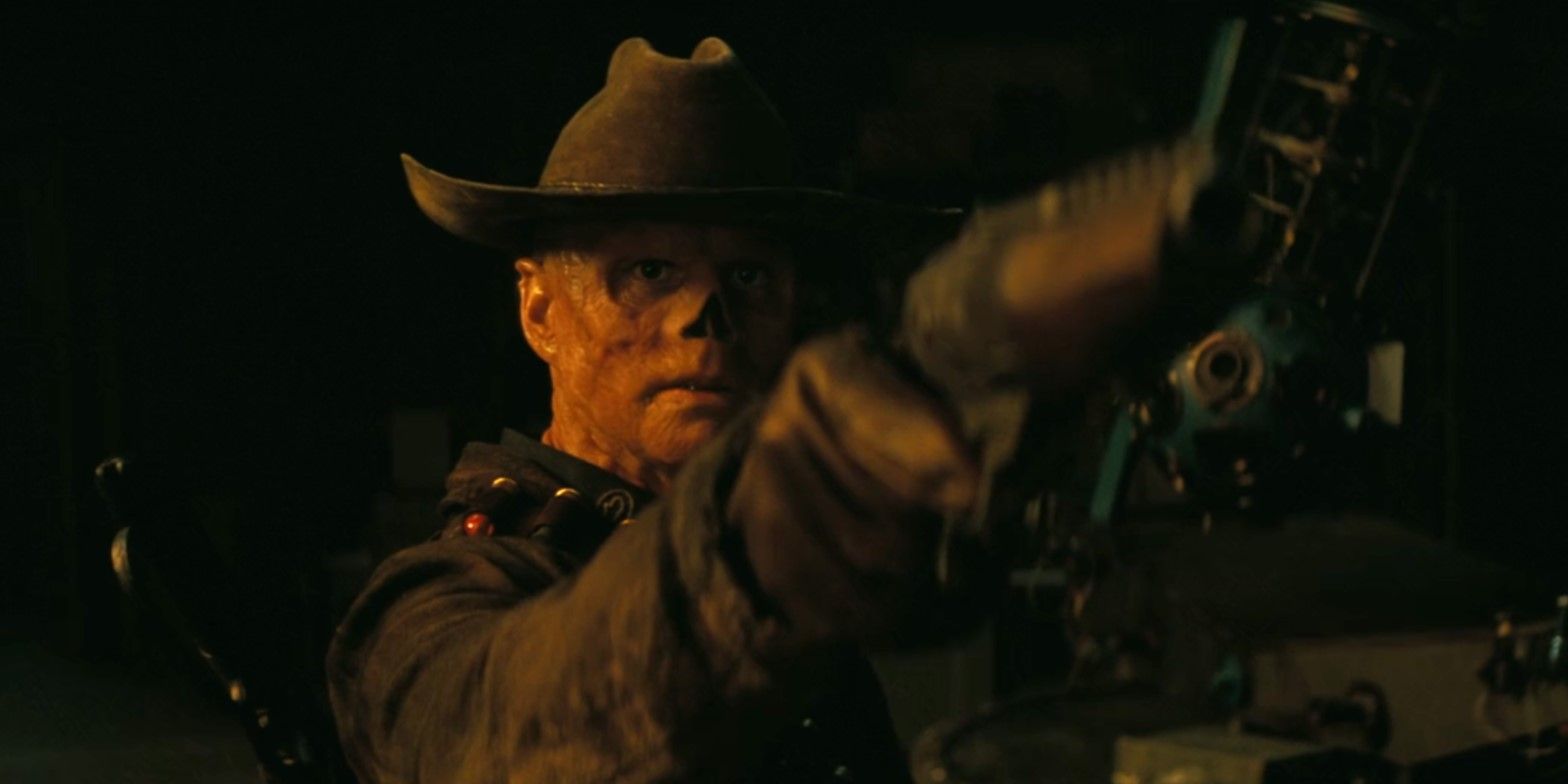
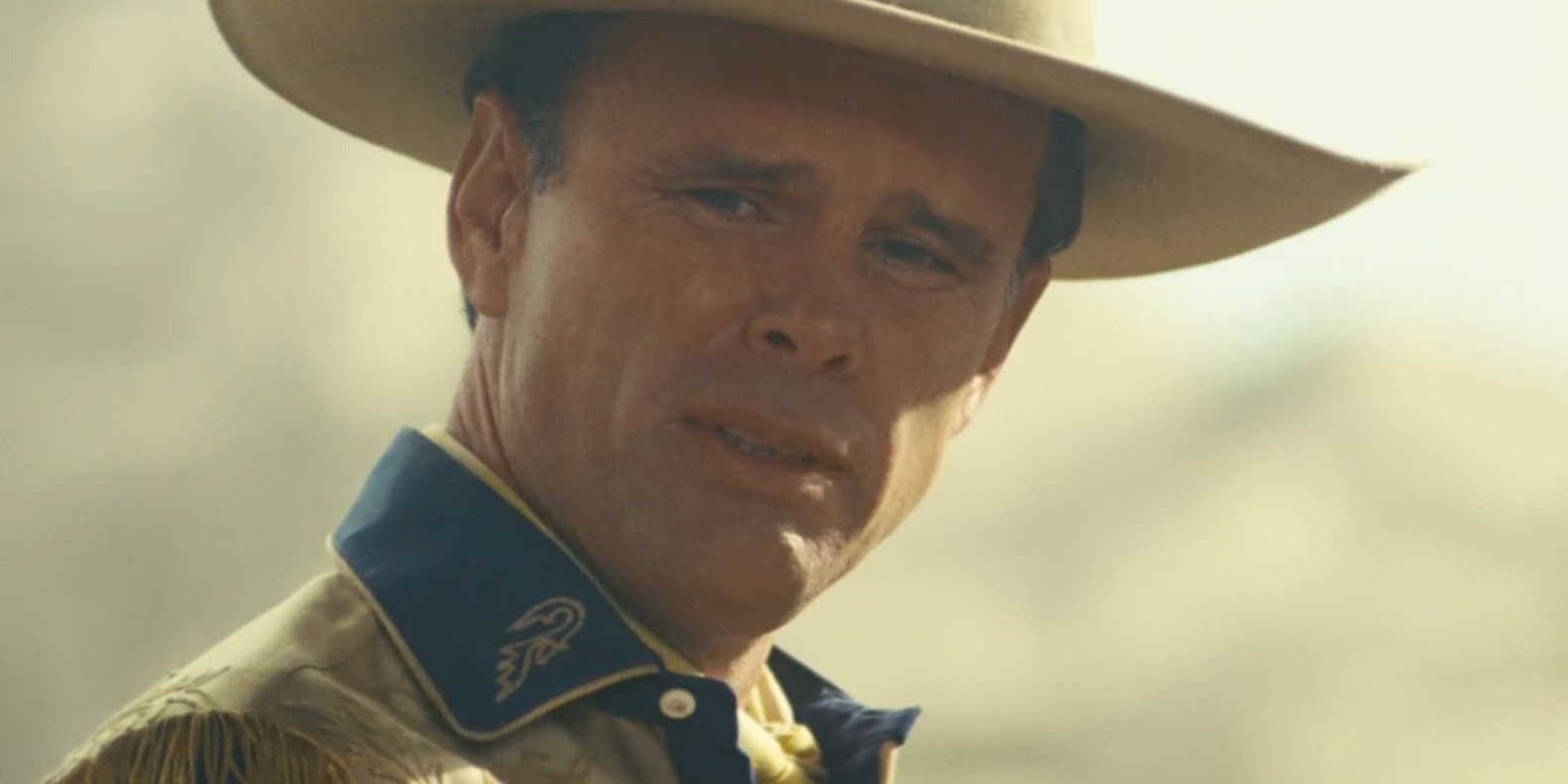
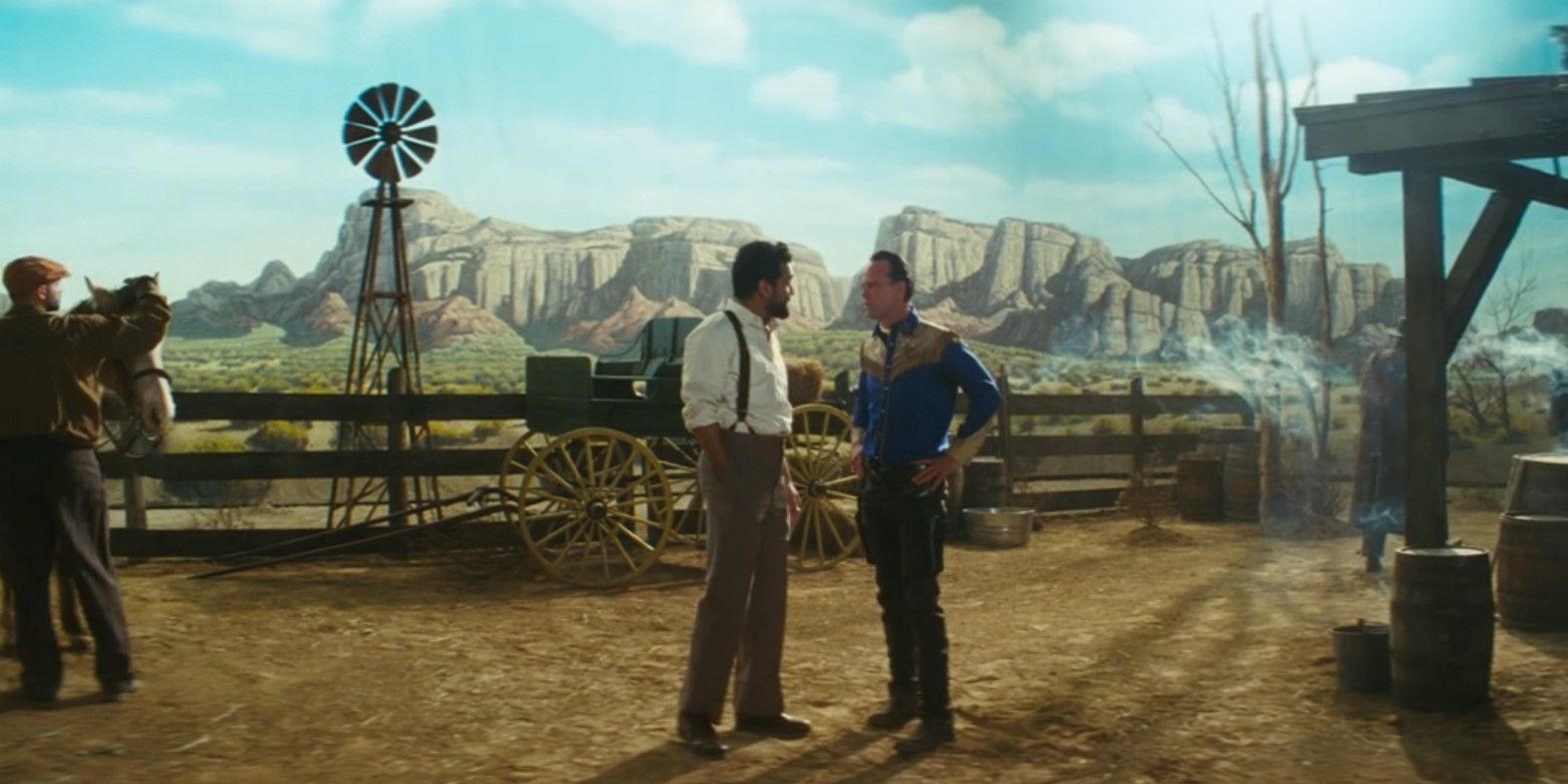
One of Cooper’s most iconic lines as an actor was “Feo, Fuerte, y Formal.” As he explained in his movie, the line means “he was ugly, strong, and had dignity,” in English, and serves as a Mexican eulogy. It was such a recognizable line that Hank MacLean referenced it when he met Cooper before the war, and the Ghoul also used it to show Hank who he was when they met at the end of Fallout season 1. While both Cooper and the Ghoul said the same words, the way they said them were very different, as well as the emotions and sentiments they had behind them.
When Cooper delivered his version of the line, it was well-delivered, but not very believable. It was also followed by a conversation where Cooper expressed how he wished he didn’t have to kill the movie’s villain at the end, highlighting just how idealistic and optimistic he was before the war. In contrast, the Ghoul’s take on the line felt completely natural because he really did want to kill Hank. The difference in those line deliveries showcased how cold, mean, and disillusioned Cooper had become as the Ghoul, and it hinted at a very sad aspect of his story.
Repeating Cooper’s “Feo, Fuerte, y Formal” Line Makes The Ghoul’s Story Even Sadder
The Line Highlights How Much Tragedy Went Into Cooper’s Transformation Into The Ghoul
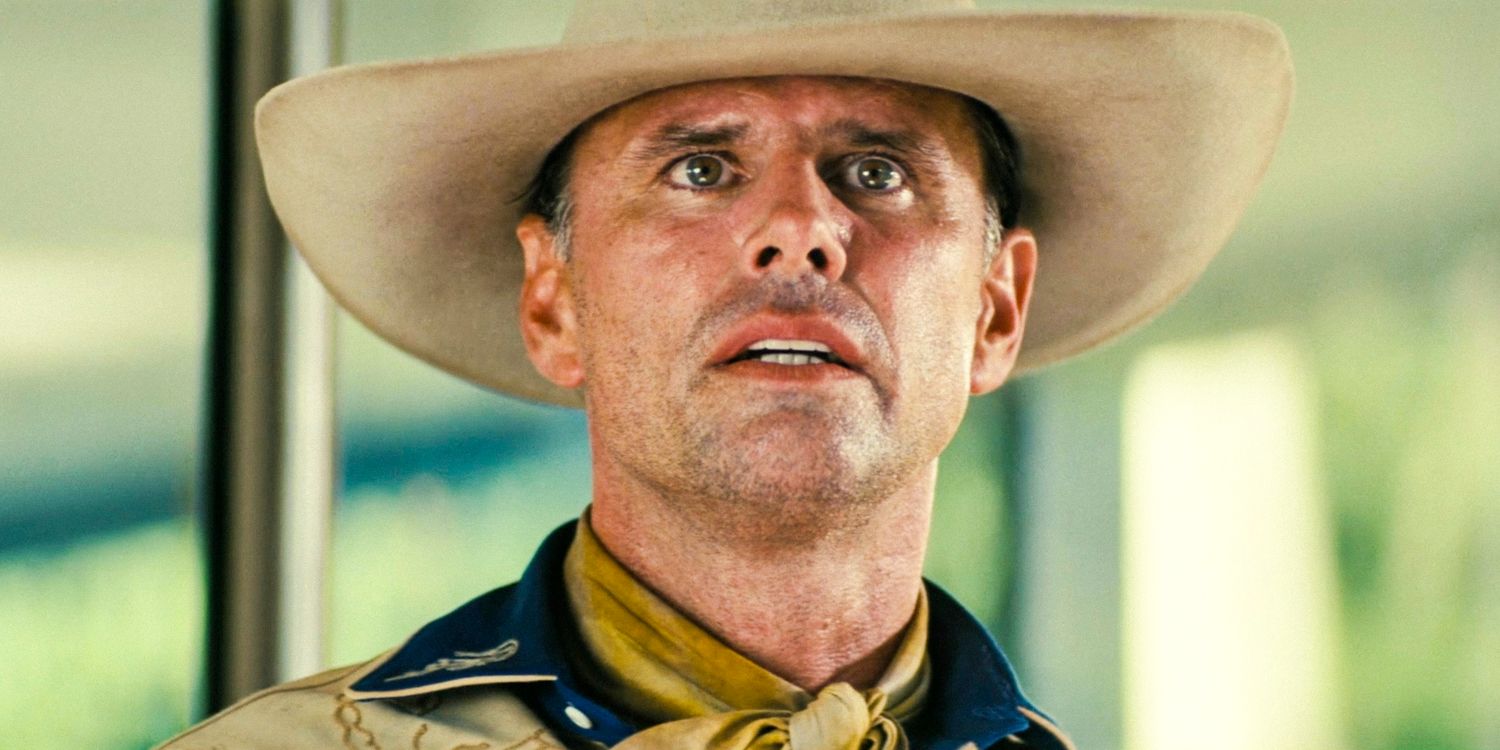
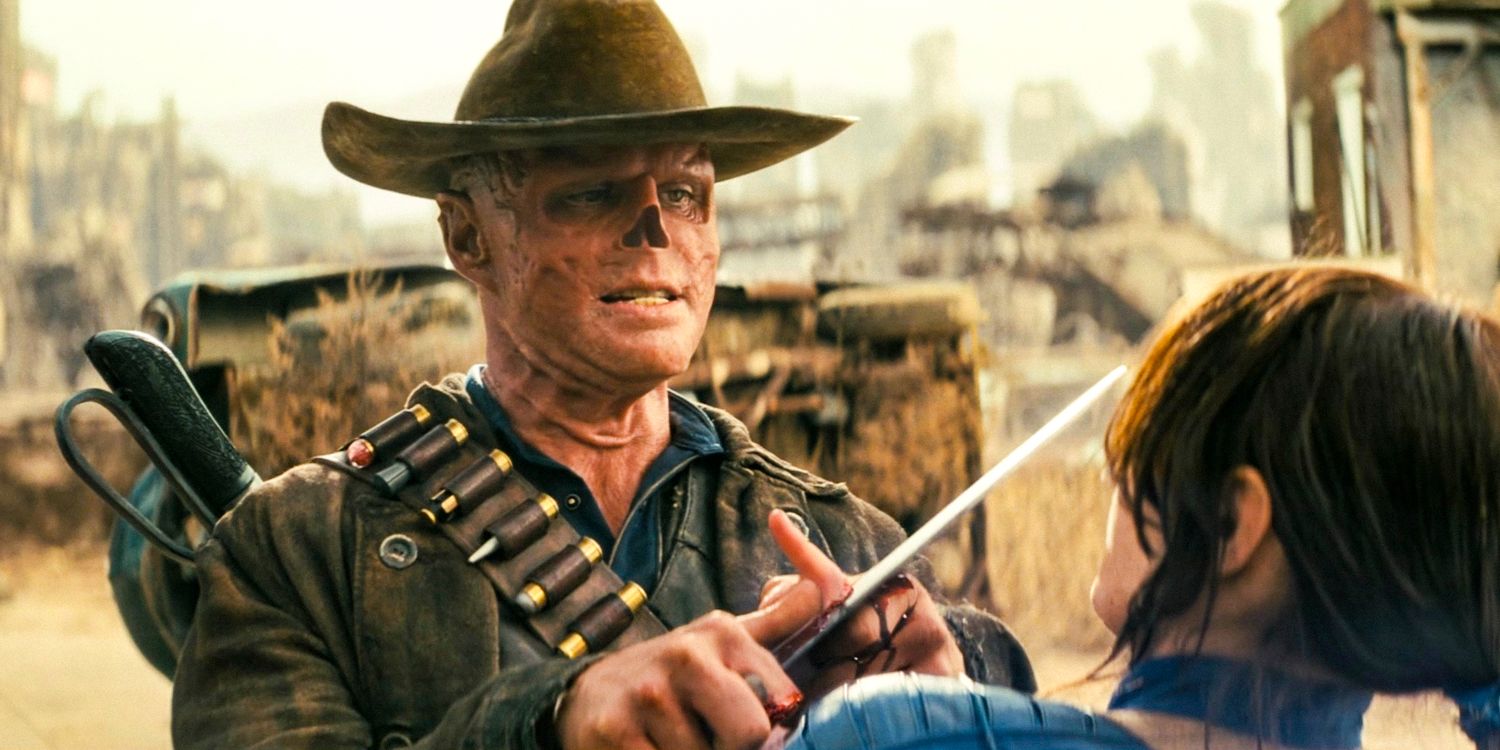
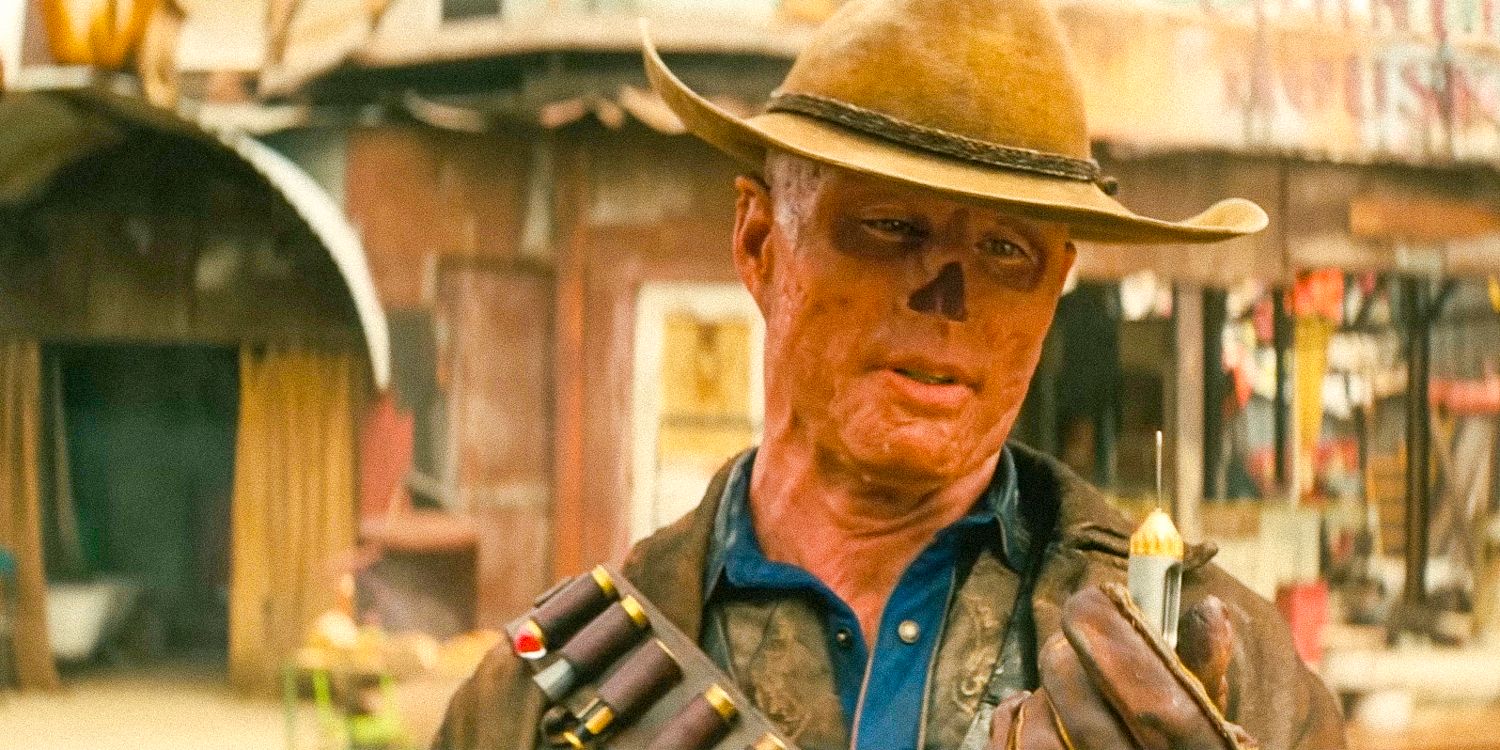
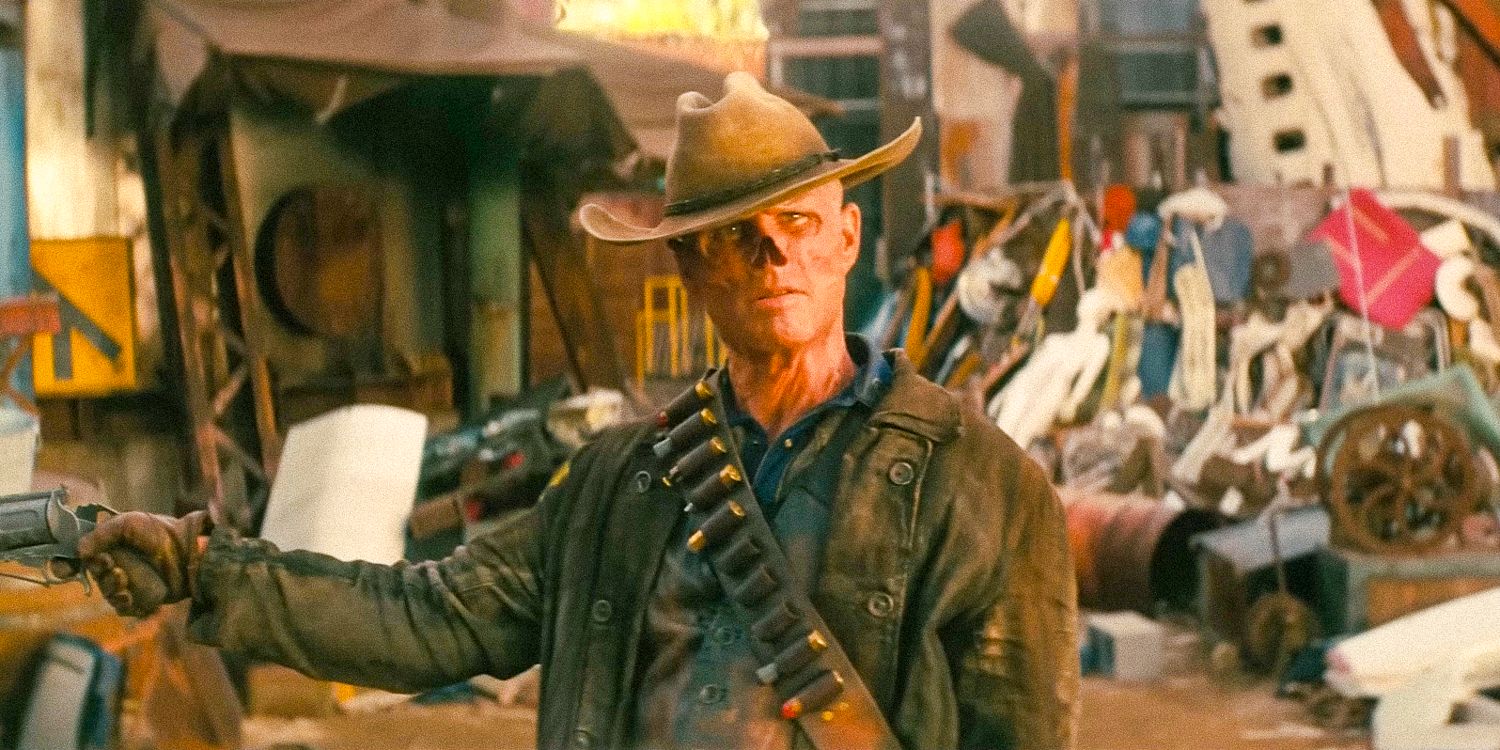

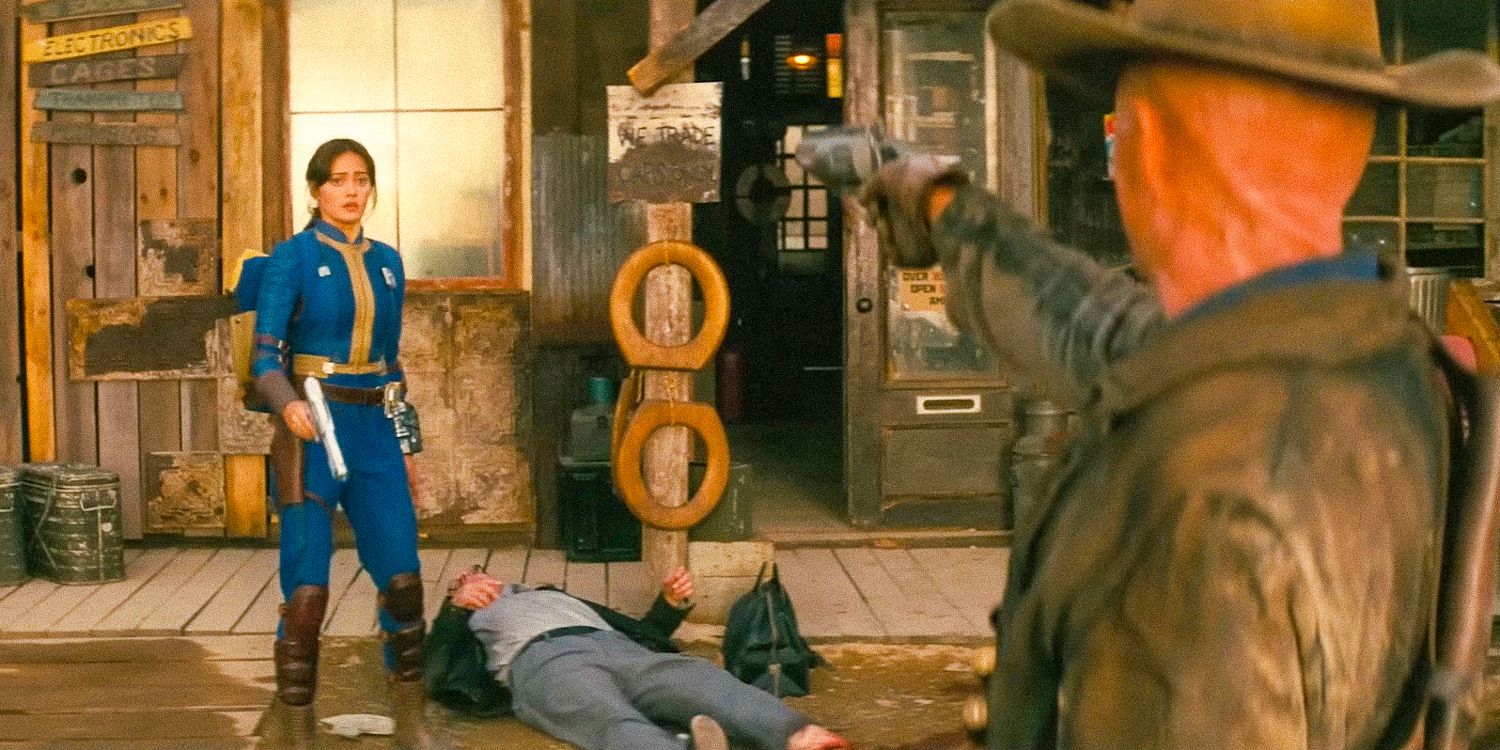
Cooper transformed into the Ghoul because of radiation from nuclear bombs, but that wasn’t the only effect the Great War had on him. Before the war, Cooper had strong morals, and he cared about what being a good person meant. He was even concerned that killing someone in a movie would send the wrong message, and that he wanted his movies to be more hopeful. After the war, Ghoul experienced so many losses: his family, his way of life, and even his own body in a way. The Ghoul lost everything, even the values that made Cooper who he was, in heartbreaking fashion.
How The Ghoul Represents One Of Fallout’s Most Tragic Themes
War Never Changes, But War Changes People
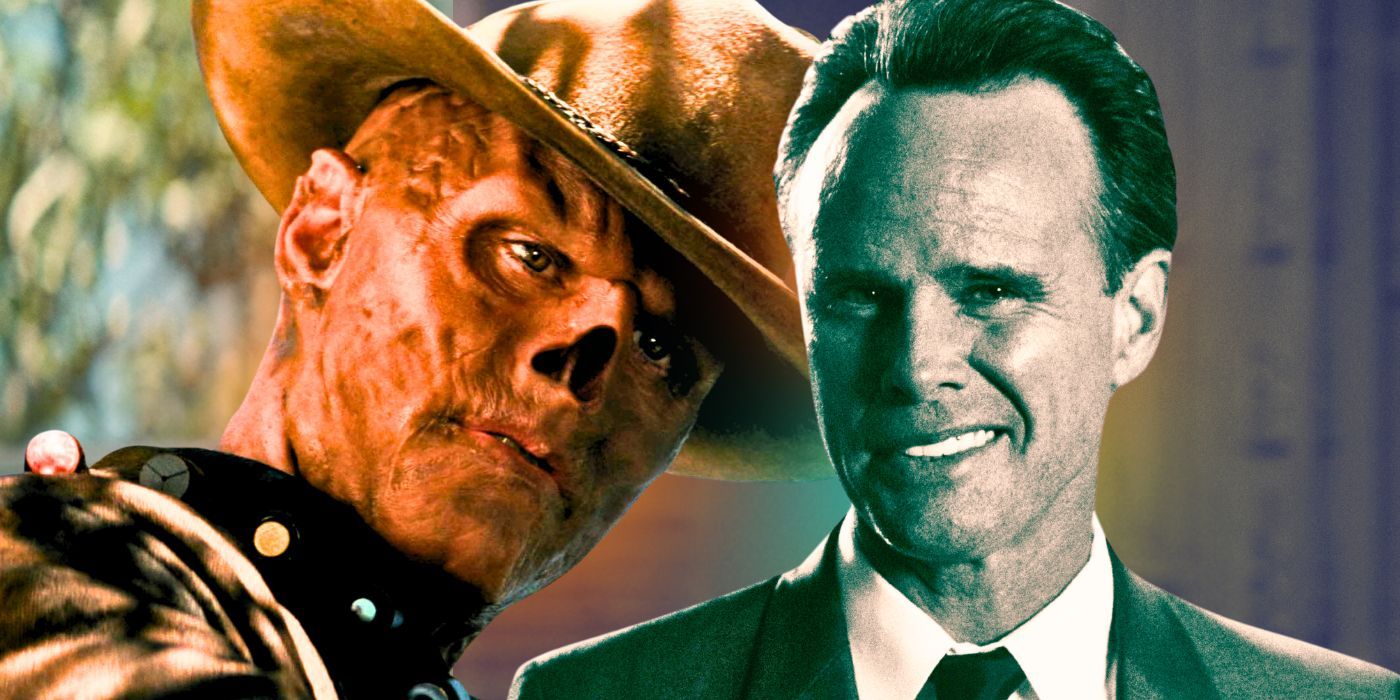
Cooper and the Ghoul exemplify a larger theme that applies to the entire Fallout franchise: the apocalypse and the wasteland can turn even good people into monsters.
The crux of Cooper’s fall into the Ghoul was actually summarized in the Fallout show, by Cooper’s director, Emil Dale. When Cooper asked if they could just arrest the movie’s villain, Dale responded that viewers “want to see that even a good man as yourself can be driven too far sometimes.” That is precisely how the Great War turned Cooper into the Ghoul. All the loss, hardship, and tragedy Cooper experienced, combined with the hardening nature of the war and the wasteland, gave him a perfect full-circle story: Cooper was pretending to be a cold-blooded killer, but the Ghoul was the genuine article.
Cooper and the Ghoul also exemplify a larger theme that applies to the entire Fallout franchise: the apocalypse and the wasteland can turn even good people into monsters. That idea has been around since the very beginning of Fallout. In the first game, the player’s character was exiled from their vault precisely because they had been changed by the wasteland. Even ghouls in general are a sign of the wasteland’s transformative properties, as regular people turned into mutants with melted skin, and many of them went feral from the process. Cooper is just one of the best examples of this theme, not the first.
Despite the tragic nature of his story, the Ghoul still has a chance at finding redemption in Fallout season 2, and it was even hinted at by the “Feo, Fuerte, y Formal” line again. After the Ghoul entered the Super Duper Mart, he saw a recording of his movie on the television. That moment also marked a turning point for the Ghoul, and he decided that instead of being out only for himself, he was going to find his family and help Lucy along the way. It’s a character development Fallout season 2 is likely to pick up on, meaning the Ghoul’s transformation might not be complete.
